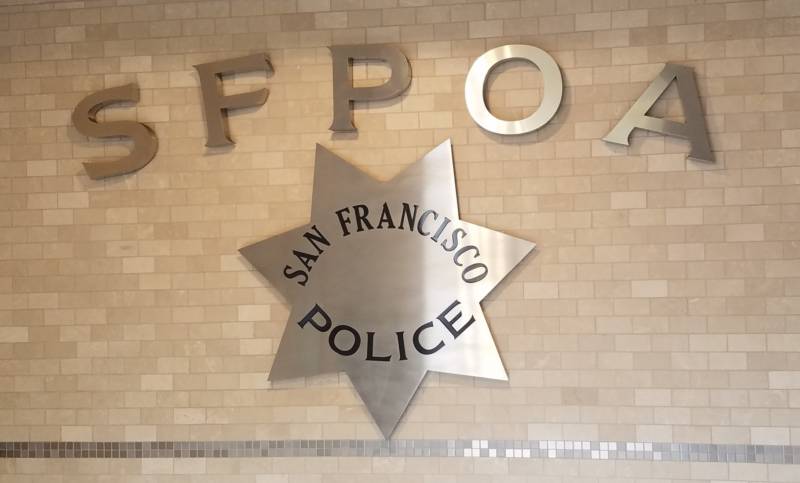A state appeals court on Friday dealt another setback to police unions fighting public access to pre-2019 misconduct and serious use-of-force records, publishing the highest-level ruling to date ordering all such records should be released under the terms of a state law that took effect Jan. 1.
Bay Area Ruling Could Fast-Track Access to Police Records Under New Law

In what a union spokesman said was an unrelated move, the San Francisco Police officers Association withdrew a lawsuit Friday that sought to block public access to pre-2019 records detailing officer discipline.
"As we have stated previously, we believe all police agencies should fully comply with the eligible requests for records," the executive board of San Francisco police officers' union said in a written statement.
The ACLU of Northern California intervened against the SFPOA's lawsuit on behalf of several family members and advocates for people killed by San Francisco police.
"We’re happy to see the records released so we can get answers for our families,” Kathleen Guneratne, a senior staff attorney with the ACLU, said in a written statement. "It’s time for police unions to stop filing frivolous lawsuits and let the law take effect."
Since Jan. 1, law enforcement groups have filed over a dozen lawsuits challenging a new police transparency law's retroactivity, losing nearly every case. The law, Senate Bill 1421, requires public access to records related to sexual assault and dishonesty by police officers, as well as records on officer-involved shootings and any use of force resulting in great bodily injury.
Half a dozen unions in Contra Costa County filed a lawsuit challenging the law's application to pre-2019 records, and appealed a Feb. 8 ruling by Contra Costa Superior Court Judge Charles Treat that rejected their argument.
The state's 1st District Court of Appeal, which handles cases from most Bay Area counties, upheld Treat's ruling on March 12 in an unpublished decision that carried little legal weight beyond the Contra Costa County case. But on Friday, the court agreed to requests from a coalition of news organizations, including KQED and the Bay Area News Group, to publish the earlier decision, making it controlling law in the Bay Area and strong precedent for courts across California.
"It’s the right answer, and it is the answer that trial courts up and down the state have now come to," said David Snyder, executive director of the San Rafael-based First Amendment Coalition. "If this isn’t the final death knell for unions' arguments, it’s something very close to that."
The First Amendment Coalition and KQED filed a related lawsuit in San Francisco against California Attorney General Xavier Becerra and the state Department of Justice after they refused to provide misconduct and shooting records in their possession. The attorney general's office said the records would be withheld "until the legal question of retroactive application of the statute is resolved by the courts."
The attorney general's office did not immediately respond to a request for comment on the appellate court's published ruling.
